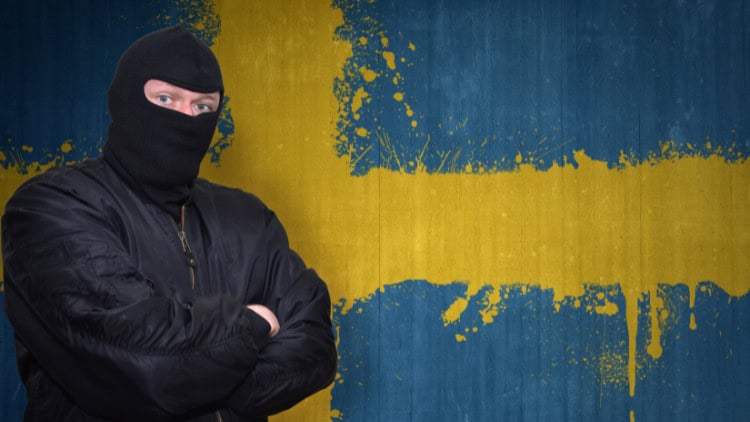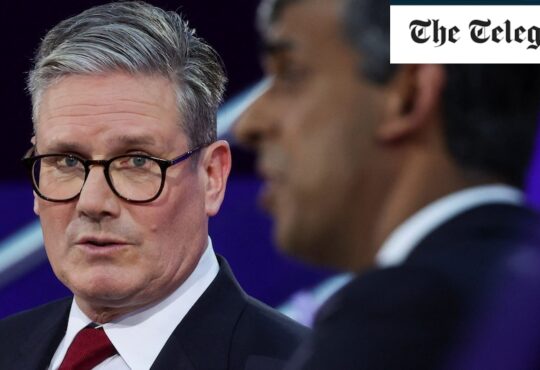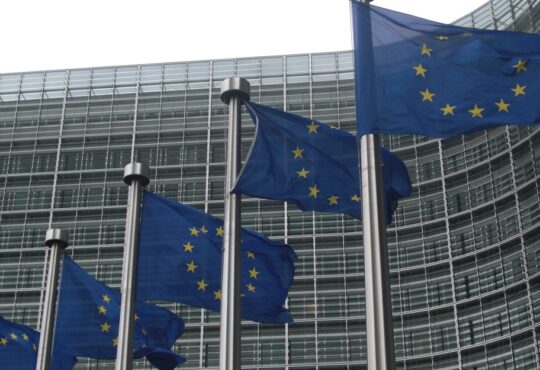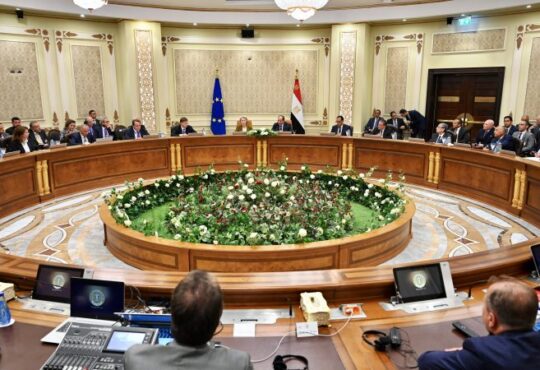
If the European Union is to win allies in the ‘global south’, the first thing it should do is stop talking about the ‘global south’.


Strategy, economics and socio-political attitudes are entwined. The European Union wants to win support from emerging powers—especially against its systemic rival China—but it should be realistic about the political ambitions and interests of developing countries. Whether on Iran, Israel or Ukraine, emerging economies are not a monolithic ideological, anti-western bloc, pro-China and pro-Russia. In the era of new great-power competition between the United States on one side and China and Russia on the other, they are not pushovers for anyone.
Emerging powers value international law. In March 2022, 77 per cent of them supported the United Nations General Assembly resolution rebuking Russia’s illegal invasion of Ukraine. That vote placed them on the side of the west, but an unrealistic west, expecting unanimity, was perplexed that a mere 18 per cent of UN member states had abstained from condemning Russia.
Last October and December, most of them voted in favour of a General Assembly resolution calling for an immediate ceasefire in Gaza. That stance was clearly at variance with that of the west. So was South Africa’s recent petition against Israel to the International Court of Justice. Now the judgment of the International Criminal Court against Israel and Hamas has highlighted political fissures within the EU itself.
Double standards
Generally, aggrieved developing countries have a historical memory of European imperial domination. Needing aid, Africans have alleged that they have received far less than Ukraine, because Europeans ‘seem to be saying European lives are more important than African lives’. Moreover, anti-immigrant, racist and Islamophobic sentiments are rising in many rich western-European countries, in part because centrist parties are cosying up to the nativist, xenophobic, anti-Semitic and Islamophobic far right to win power.
Many of the ‘others’ therefore resent the EU’s proclivity for moralising, because western-European governments do not practise what they preach about social equality and human rights at home, or international law abroad. Indeed calls for razing mosques in Sweden, and at one time in the Netherlands, and Qur’an burning in Sweden raise the question whether some 21st-century Europeans want their countries to fight new ‘wars of religion’—recalling the middle ages in Europe.
Become a Social Europe Member
Support independent publishing and progressive ideas by becoming a Social Europe member for less than 5 Euro per month. Your support makes all the difference!
Such developments rile many in non-European countries. They are angry about the EU’s double standards in dealing with Israel and Russia—whether over a ceasefire in Gaza, the genocide claim or a negotiated solution. They see the disarray between the president of the European Commission, Ursula von der Leyen—who has supported Israel—and the EU high representative, Josep Borrell, critical of Israel’s actions.
On Ukraine, meanwhile, an EU member state and former Soviet vassal, Hungary, can block stronger sanctions against Russia. A perennially split EU presents a poor image of itself internationally.
Instead of expecting support from emerging powers, the EU institutions and member countries should study the states with which they are dealing. They should recognise the economic achievements and political aspirations of several developing countries to become independent centres of power. Stretching from Latin America through Africa and the middle east to Asia and straddling the hemispheres, this congeries of states should not be lumped together under the label ‘global south’: they are distinct, diverse and (mostly) non-aligned.
No leader
Indeed, no country leads the developing world. India (gross domestic product per capita $2,410), the self-styled world teacher, made a bid for leadership of its invented global family at the G20 summit last September. But does it have any followers? Soon after India trumpeted its achievement in bringing the African Union into the G20, South Africa (GDP per capita $6,767) dismissed the idea that one country would lead the ‘south’.
The admiration of some developing countries for China’s astonishing rise and global focus on development through trade, loans and infrastructure projects has been tempered by the harsh reality of their indebtedness to Beijing. Additionally, its expansionism threatens the territorial integrity of many of its neighbours, including rising Indonesia, Vietnam and its ‘BRICS’ partner and Asian arch-rival, India.
Generally, the fears of smaller neighbours of the possible ascendancy of rising powers such as India and China rule out the chances of either winning a popularity contest in their respective neighbourhoods. China (GDP per capita $12,720), India, Brazil (GDP per capita $8,917) and Indonesia (GDP per capita $4,788) are all bidding for a front-rank place in the developing world. Situated between the Indian and Pacific oceans, Indonesia claims to be the fulcrum of the Indo-Pacific—and the US accepted that claim in 2018.
Indonesia is the largest economy of the Association of Southeast Asian Nations and is strengthening economic relationships with western countries and with Africa. Indonesia and Brazil have even applied for membership of the Organisation for Economic Co-operation and Development—the club of rich, mostly western, democracies (average GDP per capita $43,476)—so that they can align their economic policies with those of industrialised countries and become high-income states.
Seizing opportunities
Even as they share some interests—including on climate change, food security, health and technological advancement—and try to secure a stronger position in multilateral organisations, emerging economies compete with one other as they leverage national resources, markets, supply chains and strategic locations to enhance their world standing. The simultaneous diffusion of their power and uncertainty about the reliability of a divided Europe will make it difficult for the EU to win their support on many international issues.
The EU wants to give more development aid to emerging economies. The EU’s collective $16,746,544 million GDP is nearly level-pegging with China’s $17,963,171 million and it is prosperous enough to help emerging economies tackle problems in ways that can help raise their international status.
Keeping in mind the links between economics, strategy and social attitudes, the EU should therefore seize opportunities to cultivate constructive, sympathetic relationships with individual developing states, as aspirants for regional and international clout in their own right, as the new, conflict-ridden international system evolves.
Anita Inder Singh, a citizen of Sweden, has been a fellow at the National Endowment for Democracy in Washington DC and has taught international relations at the University of Oxford and the London School of Economics. She was a founding professor of the Centre for Peace and Conflict Resolution in New Delhi.







